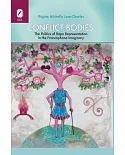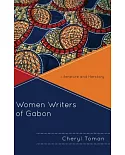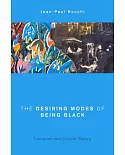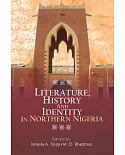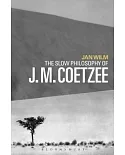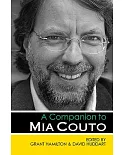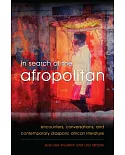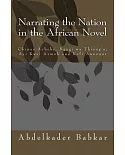Muslims beyond the Arab World explores the tradition of writing African languages using the Arabic script ’Ajami and the rise of the Muridiyya order of Islamic Sufi in Senegal, founded
by Shaykh Ahmadu Bamba Mbakke (1853-1927). The book demonstrates how the development of the ’Ajami literary tradition and the flourishing of the Muridiyya into one of sub-Saharan Africa’s most
powerful and dynamic Sufi organizations are entwined. It offers a close reading of the rich hagiographic and didactic written, recited, and chanted ’Ajami texts of the Muridiyya, works largely
unknown to scholars. The texts describe the life and Sufi odyssey of the order’s founder, his conflicts with local rulers and Muslim clerics and the French colonial administration, and the
traditions and teachings he championed that shaped the identity and practices of his followers.
In analyzing these Murid ’Ajami texts, Fallou Ngom evaluates prevailing representations of the movement and offers alternative perspectives. He demonstrates how, without the knowledge of the
French colonial administration, the Murids were able to use their written, recited, and chanted ’Ajami materials as an effective means of mass communication to convey the personal journey of
Shaykh Ahamadu Bamba, his doctrine, the virtues he stood for and cultivated among his followers: self-reliance, strong faith, the pursuit of excellence, nonviolence, and optimism in the face of
adversity. This, according toMuslims beyond the Arab World, is the source of the surprising resilience, appeal, and expansion of Muridiyya.






